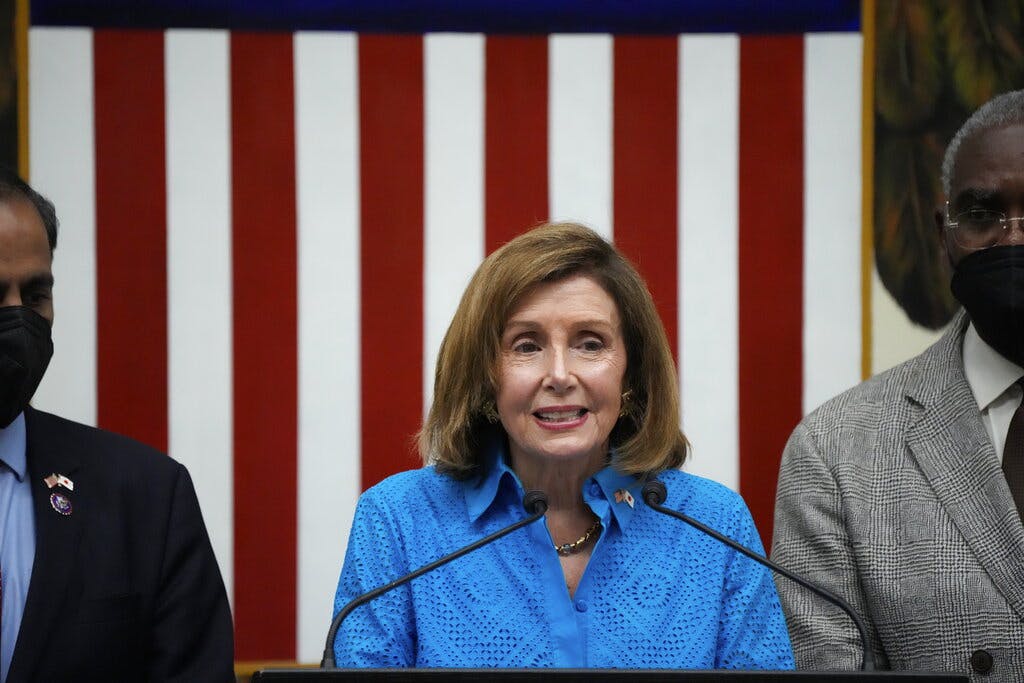Reckless Woman? Nancy Pelosi Shows Some Backbone and the Press Goes All Hysterical
After a while, the scribes started sounding — how to put it? — familiar.

The world witnessed this week a kind of backbone and principle that has in recent years been lacking among leaders in the democratic world. Speaker Pelosi deserves to be applauded for her visit to Free China –– this, despite limp warnings from President Biden and the Democratic Party, and saber-rattling from China’s communists.
Please check your email.
A verification code has been sent to
Didn't get a code? Click to resend.
To continue reading, please select:
Enter your email to read for FREE
Get 1 FREE article
Join the Sun for a PENNY A DAY
$0.01/day for 60 days
Cancel anytime
100% ad free experience
Unlimited article and commenting access
Full annual dues ($120) billed after 60 days

